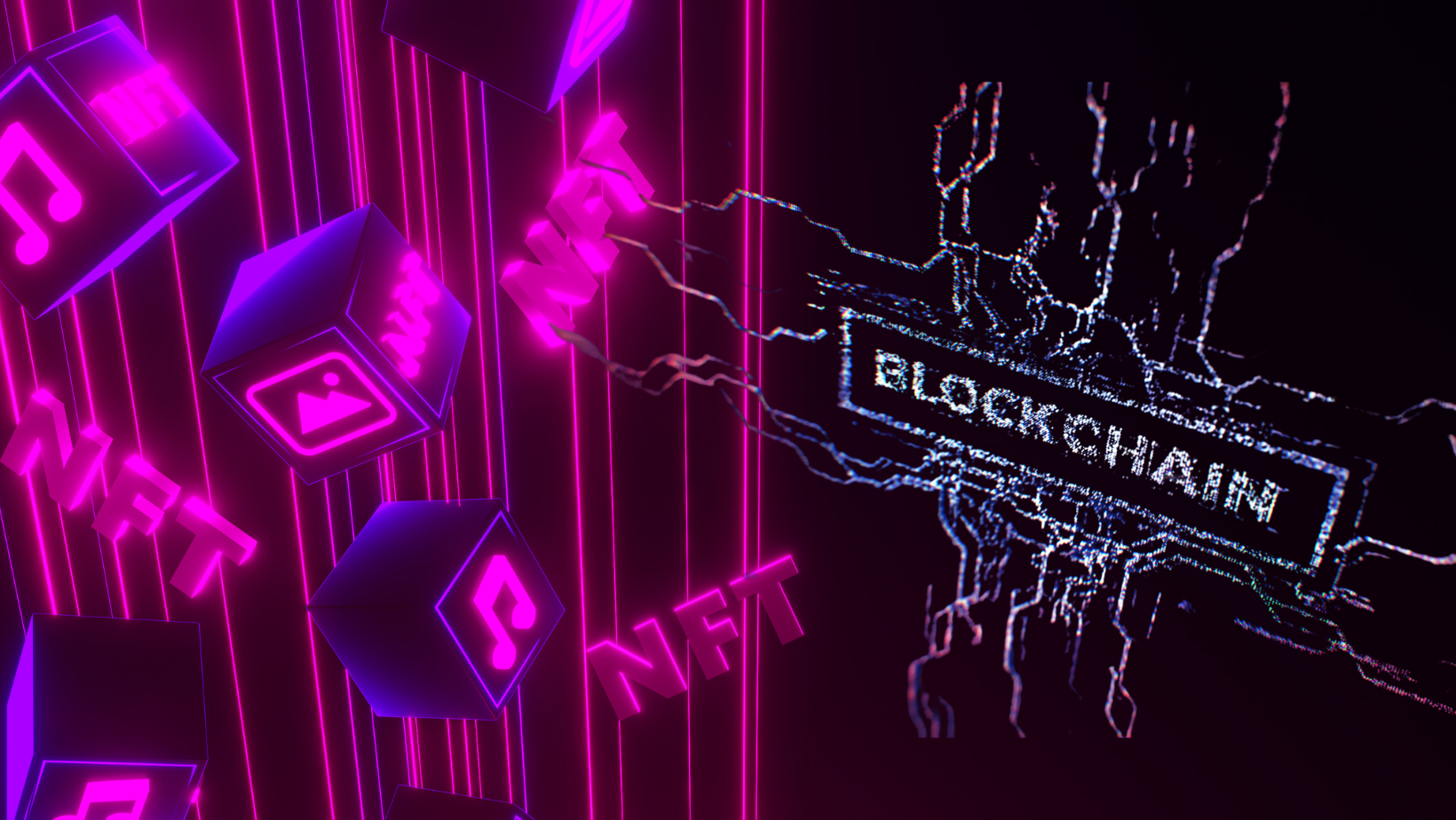For years, industry leaders, skeptics and enthusiasts alike have questioned if blockchain would ever be adopted by mainstream institutions, and if so, when? Well that day has come and passed, in large part thanks to the ability to tokenize assets on-chain. Blockchain technologies are now playing a vital role across industries, and are propelling businesses forward. Particularly in the financial services space, blockchains are making a tremendous difference in reducing friction, improving efficiency and bringing down costs.
Asset tokenization is the process in which a digital representation of an asset is created on a blockchain and used to verify and track the authenticity and ownership history of the asset. This technology can be applied to virtually any asset, including securities, real estate, art and much more. The value of tokenization is in the application of the trustless and efficient record-keeping abilities of a blockchain to any asset in the physical world.
Tokenization is already making waves in mainstream circles, with financial powerhouses like Blackrock, Goldman Sachs, BNY Mellon and JP Morgan all implementing blockchain technology into their operations in a variety of interesting and innovative ways. The tokenization of asset classes is opening new doors to further drive efficiencies in capital markets, shortening transaction and settlement times, while also improving costs and proliferating access for investors of all kinds.
Tokenized on-chain assets opens up access to liquidity in the market while increasing freedom and access for investors to form and participate in capital markets. Traditionally illiquid assets, such as real estate or fine art, can have their value unlocked through the process of tokenization, which opens the door to tremendous possibilities for new investment. For example, a recent report published by Boston Consulting Group outlined how Asia’s largest private market exchange, ADDX, has started to do this by using programmable smart contracts built on the blockchain to tokenize and fractionalize multi-asset securities including private equity, hedge funds, bonds and even pre-IPO companies. By utilizing customizable smart contracts, ADDX has been able to overcome the intricate manual processes previously necessitated when dealing with complex transactions while opening up the possibility for smaller investors to take part in the aforementioned transactions.
Fractionalization is a key aspect of tokenization that allows for shares of any item, through its token, to be further split up into smaller pieces, which effectively proliferates and democratizes access to these assets. Fractionalization provides a new way for more investors than ever before to access these financial tools and opportunities.
Arguably the most pertinent issue faced by modern markets and customers across the globe is the incredibly high amount of friction that exists across our financial infrastructure. Asset tokenization is relieving this friction, making financial institutions and infrastructure far more efficient in terms of time, cost and labor, while at the same time, proliferating access to capital markets. The friction that currently plagues our global financial rails is one of the largest barriers to capital formation and wealth growth, and in many instances, it prevents smaller investors from participating. However, thanks to the reduction in cost due to alleviated friction facilitated by blockchain technology and fractionalized assets, less wealthy investors will be now able to explore and participate in new investment opportunities that traditionally would have been unavailable to them.
The investment banking giant Goldman Sachs has also been very successful in utilizing blockchain technology to improve its existing financial infrastructure. In a recent op-ed in the Wall Street Journal penned by CEO David Solomon, Solomon discussed how Goldman Sachs arranged a US$125 million two-year digital bond for the European Investment Bank along with two other banks, all based on a private blockchain. Without tokenized assets on-chain, it would have taken five days to settle for a transaction of this magnitude to settle. However, the settlement took just 60 seconds after the bond had been tokenized on a private blockchain. The ability to reduce settlement times can, and will, lower costs across the globe for all market participants including banks, customers and regulators, ultimately making markets incredibly more efficient.
The rapid proliferation of tokenized assets across industries in the last few years is a clear sign that this technology is here to stay. However, there are still some challenges standing in the way of even wider adoption.
One such issue is the technical difficulty of creating these platforms. Cryptography is not an easy discipline to learn, and creating permissioned and private blockchains for enterprise use is a tremendous undertaking. This level of difficulty, and the relatively new technology being used, makes it difficult for leaders at incumbent institutions to update their already profitable systems and businesses with new instruments that they may not fully understand. However, now that a handful of influential business leaders across global markets have proclaimed their own grand successes with this technology, the rush to follow suit is underway. Even global governments, notoriously the hardest institutions to change, are feverishly looking into tokenizing their national currencies through the creation of central bank digital currencies.
Institutions from banks to governments across the world have widespread access to the most amazing transactional machinery mankind has yet to devise. We can buy and sell quite literally anything on the blockchain. This evolution of technology is facilitating an equally exciting evolution in financial services — one that is benefiting users on both ends of every transaction. The benefits of this technology are staggering, and as the adoption of blockchain technology continues to advance and spread across institutions, we can continue to look forward to the new ways innovators will implement tokenization platforms to solve their complex business challenges.

